"The internet is not bad for creative people. Web2 is bad for creative people." ~@cdixon
My Background 🙋♂️
I started my development journey back in college during my first year of college. Tech has always been fascinating, and spent half of my day building applications. I got the chance to work on many exciting projects with companies like Mathworks, CRED, MIT Media Labs involving multiple domains like Android, Web, DevOps, etc. Currently, I am working with Browserstack handling the revenue systems.
I got introduced to web3 when I was in my 2nd year during Microsoft Hackathon. Although I couldn't win it, the experience was phenomenal. I started working with web3 to develop a couple of hobby projects but never got the conviction that I could use this to build scalable applications. My whole perception changed when I was introduced to Solana 🙈
So what is Web3? 🕸
I will be using this fancy term throughout my series, therefore let’s begin with understanding what’s web3. In layman's terms, the classic difference between web2 and web3 is "who owns the data."
In web2, everything is centralized; whatever application you interact with stores your data in their databases and has complete control over it. They can read, analyze, sell, but there is no proven authenticity.
In web3, all the data is decentralized, stored in an encrypted form, and distributed across multiple computers, achieved through blockchain technology. Since the data follows distributed principles, it can't be mutated, proving its authenticity. As we go deeper in my journey, I will be explaining some more complex concepts.
What is Solana India Fellowship?
Since, this series is all about my experience in the Solana India Fellowship, let me tell you more about Solana, this fellowship, the application process, etc.
Solana India Fellowship is a hands-on 8-week program for the developers to learn building on Solana. Before you google about what Solana is, Solana is a decentralized blockchain just like Ethereum built to enable scalable and user-friendly applications. The main advantage of Solana is the capacity to process around 65,000 transactions per second, allowing the developers to build scalable and cheap dapps.
Application Process 🈸
Devfolio Application: It involved a couple of elimination rounds. The application form consisted of basic exploratory questions involving my experience with web2, web3, interests, and what I am thinking to build as a part of this fellowship.
First Interview: The second round was an async interview involving a detailed discussion about my capabilities, experiences, challenging problems that I solved previously, and what fascinates me about web3.
Second Interview: The final round was a short face-to-face interview where we discussed my past experiences, projects, why I wanted to get into this fellowship, and what I will be building in more detail.
we got the final confirmation two days after the last interview, and indeed one of the happiest moments of my life because I always wanted a platform to experiment, learn and get mentorship to dive into the web3 domain.
Intro with the Superteam 🦸
Superteam is organizing the Solana India Fellowship. Trust me, if you don't know about Superteam yet, you are missing many things. It is a DAO that is so cool that it lets you learn, network with the best people in the Solana ecosystem, contribute to kickass projects, and earn rewards for everything you do🤩
Every fellow got a superteam member status (Not everyone gets it :P), which opened many doors for me in the web3 ecosystem. I spent the initial days just reading as much as I could on discord and the crazy projects, builders in superteam are working on. The community is so active; they have answers to everything. In the introductory week, we had interactions with some of the DAO members, attended the first community call 🚀, went through some sessions on how we can contribute to the DAO, and basic overview of the Solana ecosystem.
Fun Fact-> The average age of project grants in Superteam is 15 :)
Solana Fellowship Week 1 💯
The fellowship is structured really well, in my opinion. The eight weeks are structured to help us learn different topics every week. In parallel, we will be working on a web3 project which we have to demo at the end of the fellowship.
The idea is not to create any project like college assignments. It's more about real problem solving and the project, which we can pursue later on. Every week is kickoff by an industry leader in that theme, followed by resources and learning materials to master.
Each week will have some compulsory assignments and tasks to solve, which will be evaluated for the completeness of the fellowship.🔥
Week 1 was based on Rust. Rust is like the primary language to know if we want to contribute to Solana. The week started with a motivating session by Chase Barker. He is currently working with Solana labs as developer relations. The talk was very insightful and helped me get a glance at the current ecosystem, underrated areas where I can start building, and the active community support of Solana.👩💻
The talk was followed by Gyana Lakshmi, who is currently working as content lead @questbook. Questbook is a go-to resource page for short quests and learning about the Solana ecosystem. She onboarded all the fellows to the Rust and other frameworks quite well. Her important tips n tricks were beneficial to avoid those frustrating mistakes when starting with any framework.
The first week's challenges were fun to solve. It gave that DSA vibe while getting my hands dirty with Rust. I followed this playlist to understand the basics of Rust. The official docs are pretty helpful to deep dive into a particular concept. For the hands-on practice, I followed the excerism Rust track. This track had some excellent problems for understanding Rust's syntax and other constructs.
Once I had fundamental clarity of Rust, I started with the Solana quests assigned to us as part of this fellowship. Setting up Solana on the M1 chip was challenging.💀
Thankfully, there was a complete guide to get the Solana dev tools up and ready for the M1 chip. The process was time-consuming, but I could set up my machine with Solana.🤙
The initial quests were CLI to understand the basic commands of setting up and interacting with Solana. I completed deploying-program-Solana and create-personal-currency-Solana.
Both of these tasks were fun and intriguing. Imagine creating your crypto-currency right in a week1.
That's it for week 1. Since the tasks were introductory, I didn't face many challenges, but I am excited for the subsequent weeks as the complexity increases. I will be uploading next week article soon 🚀

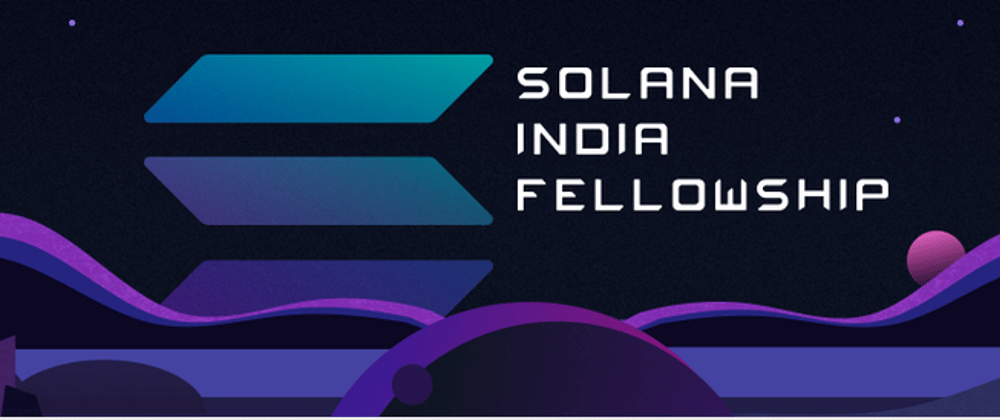


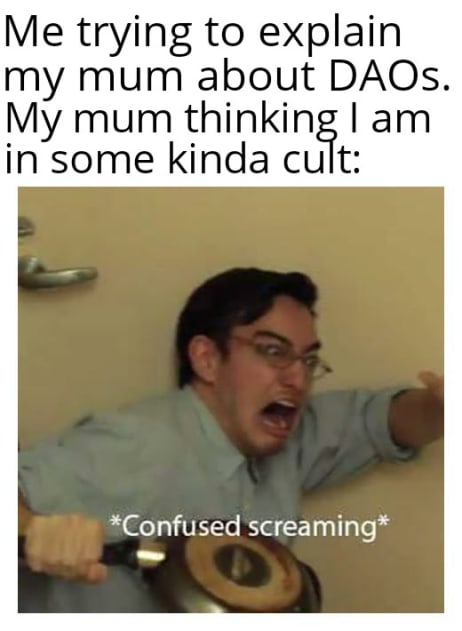
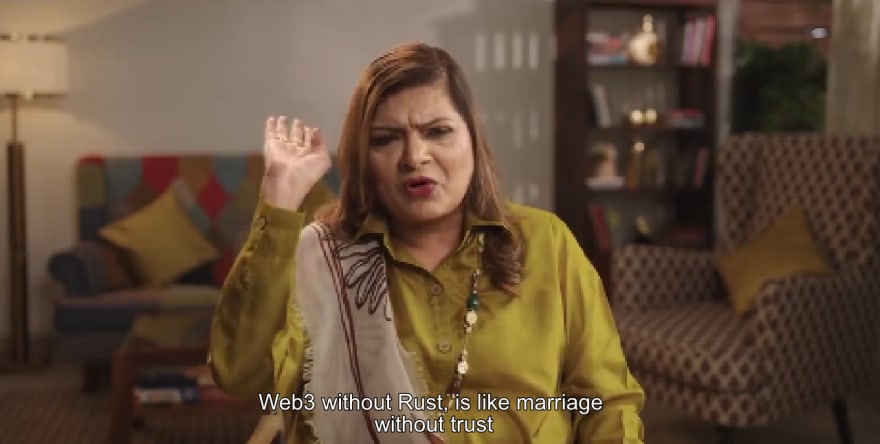
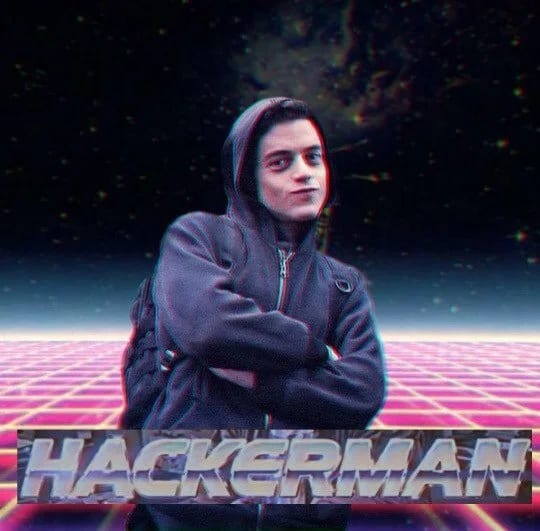


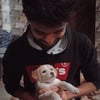


Oldest comments (0)